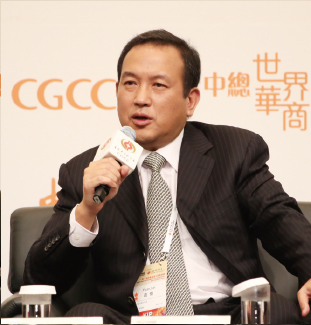Yuan Jun: Creating cooperation mechanisms to eliminate the costs of multiple systems

Yuan Jun, Vice President of the Guangdong Academy of Social Sciences, believes that if one examines the Guangdong-Hong Kong-Macao Bay Area from point of view of Guangdong, it is essential to start thinking about the initiative from the perspective of China working to create a new way of being open to the world. Yuan notes that the development of the Pearl River Delta region benefitted from the support of Hong Kong and Macau, and after four decades of growth, Guangdong has become the region of Mainland with the highest levels of openness and economic development, as well as the best infrastructure.
Yuan explains that Guangdong’s open development has taken the form of “one centre, one belt and one region.” In terms of the situation across the Bay Area as whole, Guangdong has become a comprehensive driver of growth, the influence of which radiates out and drives the development of the wider Pearl River Delta region. Yuan explains that Guangdong has already adopted a large number of measures to promote the Bay Area initiative and regards the Bay Area as a second “opening-up” of Guangdong following the creation of the Special Economic Zone many years ago, a development that created a high starting point from which to build a new, even more open framework.
One unique aspect of the construction of the Bay Area is the diversity that results from “One Country, Two Systems”. While these diverse systems can create additional costs, governments of the three regions involved can jointly discuss and study the best ways to eliminate the associated problems with the support of the Central Government. Yuan believes that increasing efforts to create institutional innovation could make collaboration more effective and more consistent with the pattern of development in the Greater Bay Area.
